UPCOMING EVENTS
Women’s Herbal Wellness Class Series
with Alicia Garza
Grounded Sound Baths
with Terrie Weaver

Fridays February 6th & 13th
5:45 pm
*************
VALENTINES DAY OFFERINGS:
Tea Ceremony: Connecting to your Heart
with Silvy Franco
Men’s Herbal Wellness Class
with Alicia Garza

February 14th ~ Valentine’s Day~@ 1pm
Edible Aphrodisacs
with Silvy Franco
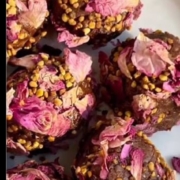
February 14th ~Valentine’s Day~ @ 3:30pm-4:45pm
*************
Heart-Opening Cacao Ceremony
*************
Sound Healing- Opening the Heart
with Terrie Weaver
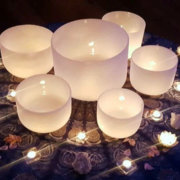
February 15th ~Valentine’s Evening~
2:30 pm-3:45 pm
*************
Conscious Kids Story & Tea Time
with Lakeja Baylor

3-Day Immersion: Reading the Body Immersion
with Margi Flint

October 23rd-25th : 10am-4pm
Hold your spot here






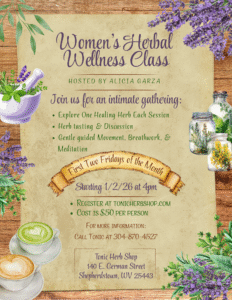
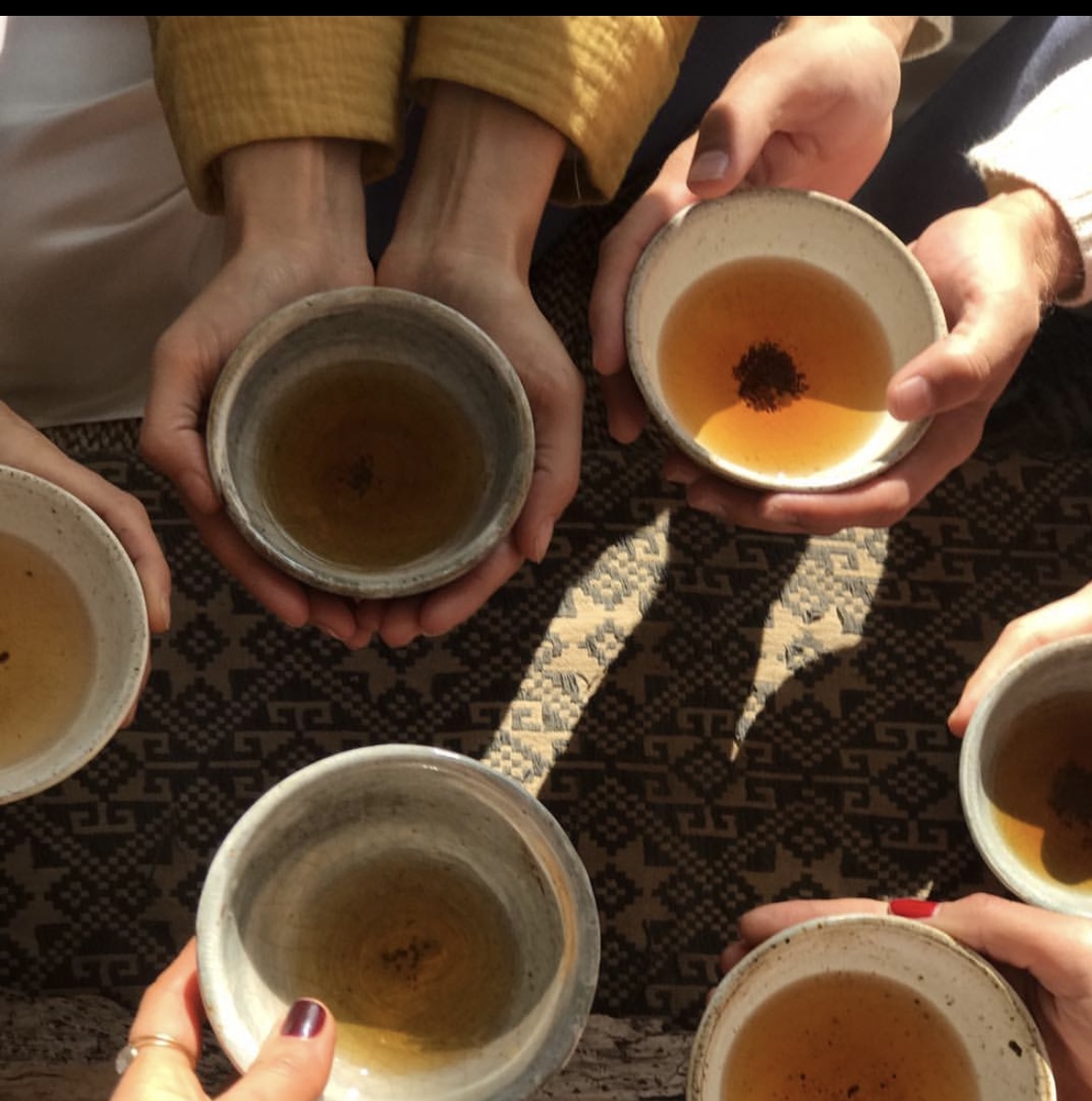
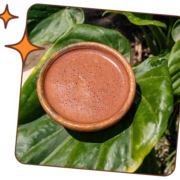
Reishi
/in Herb of the Month /by Ashley DavisHave you noticed the ever-increasing speed of time? The ceaseless barrage of activity, of information, of news that seems to spiral from us and around us at a faster rate than it did ten years ago? Do you feel overwhelmed by the demands that you place on yourself, trying to keep up with your desires to be more, do more, be better? This is the sentiment of our time, and it is felt by all, even those of us who try to consciously avoid the pitfalls of mainstream capitalism and consumerism. There is no way to participate in society without absorbing the collective anxiety that we are all co-creating. But there are ways to resist being overcome by the madness. Yoga, meditation, positive thinking, play, good food, soulful music, gardening–all can help to ground us and brighten our days. And the plant kingdom is full of allies for helping to bring us back to center: ashwagandha, milky oats, blue vervain, rose, hawthorn, devil’s club, motherwort, too many to name. The one that I want to share about today is Reishi. This is an herb that we should all know.
Today ancient and modern science convalesce to create a three-dimensional understanding of this plant, and its applications are myriad. We know reishi to be an energy tonic that specifically supports the vital energy of the physical heart and the spirit or the “shen” that resides in the heart. It has been shown to stabilize blood pressure, lower cholesterol and to protect and revitalize the liver. Research has shown reishi to be effective in protecting the liver from the toxic effects of chemotherapy and reduce the likelihood of metastasis. As an immune modulator, reishi strengthens the immune system without stimulating it. In fact, it has the ability to calm down a hyperactive immune response (i.e. allergies or autoimmune conditions) or to activate an immune response depending on what the body needs. The list goes on and on. It truly has an application for every body system, and is generally safe for almost anyone to use daily. An adaptogenic herb by definition is one that is non-toxic and produces a non-specific response, meaning that it is a tonic in the truest sense. It is nourishes and restores balance to the system. It also supports the body in its intelligence to make use of it as it sees fit rather than eliciting a strong action in one direction or another, which usually results in some kind of side effect.
Reishi is all about balance. And context. At first glance, its bright orange color and rigid structure suggest that it embodies the fiery and active energy of yang. And it does, to an extent, represent the fire element. Yet it cannot grow without the soft, moist, mossy surroundings of the forest, representing the yin, the water and earth elements. (Well, technically it can be cultivated, but wild reishi is considered to be stronger medicine). My experience with reishi is marked by a feeling of groundedness, of earth, of support, without the feeling of heaviness that the earth element carries. It gently restores fire to the system without creating excess heat . Reishi’s reputation for calming the mind and the spirit makes it a wonderful ally for anyone experiencing emotional shock, PTSD, or living in a state of chronic stress with the sympathetic nervous system (yang) in overdrive. It will help you to get into the more nourishing and replenishing parasympathetic mode (yin). It seems to contain every element and plant and mineral of the forest ecosystem in its fruiting body and to nurture both yin and yang. It works best when used in the context of lifestyle change, meaning that it will help with adrenal burnout as long as you also pause, make space, slow down and give the body time to recharge. If you don’t change your lifestyle, you are only putting a band-aid on a wound and is a waste of a precious resource such as reishi.
**This information is for educational purposes only and is not intended to diagnose or treat any disease**